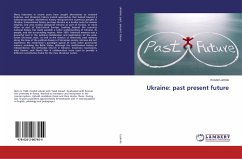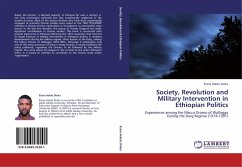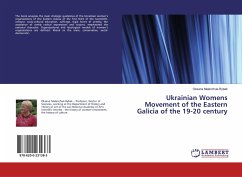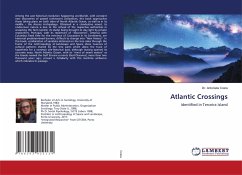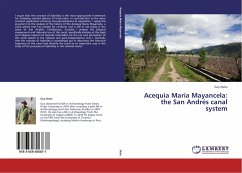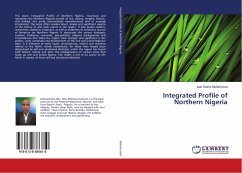Many historians in recent years have sought alternatives to national histories, and Ukrainian history invited approaches that looked beyond a national paradigm. Multiethnic history recognizes the numerous peoples in Ukraine; transnational history portrays Ukraine as a border zone for various empires; and area studies categorize Ukraine as part of Eurasia, or more often as part of East-Central Europe. Looking beyond the country's national history has made possible a richer understanding of Ukraine, its people, and the surrounding regions. After 1991, historical memory was a powerful tool in the political mobilization and legitimation of the post-Soviet Ukrainian state, as well as the division of selectively used memory along the lines of the political division of Ukrainian society. Ukraine did not experience the restoration's paradigm typical of some other post-Soviet nations, including the Baltic States, although the multifaceted history of independence, the Orthodox Church in Ukraine, Soviet-era repressions, mass famine, and World War II collaboration were used to provide a different constitutive frame for the new Ukrainian nation.
Bitte wählen Sie Ihr Anliegen aus.
Rechnungen
Retourenschein anfordern
Bestellstatus
Storno

